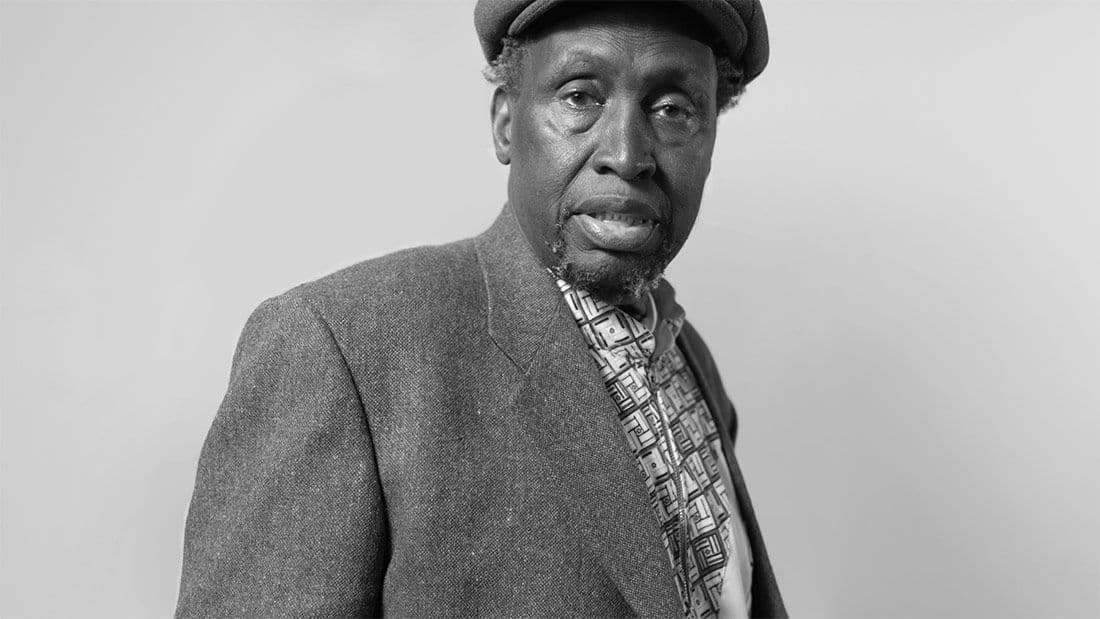Finding Our Fire Again

Image Courtesy of CCCB Lab by Tania Adams
-
About two weeks ago, Kenya lost one of its most unapologetic literary minds, Ngũgĩ wa Thiong’o. His death marks more than the end of a life. It marks the end of a certain era in which writing in this country dared to be an act of resistance, of consciousness and that which carried consequence. For many of us who dare to call ourselves writers today, the death of Ngũgĩ forces a hard and necessary gaze into the literary mirror to ask, “What happened to the fire?”
In Ngũgĩ’s early work, we are invited to a literary voice unafraid to interrogate power and to name the colonizer, not just in the pages of fiction, but in language; in form, and in structure. His decision to abandon English and begin writing in Gikuyu remains one of the most profound artistic choices in modern African literature. Many misunderstood it as tribalism, isolationism, or even career suicide, but Ngũgĩ knew that decolonization could not be cosmetic. It had to be radical.
“Language,” he reminded us in Decolonizing the Mind, “carries culture, and culture carries... the entire body of values by which we come to perceive ourselves and our place in the world.”
English, for him, had become the language of alienation and in Gikuyu he found the language of reawakening.
What Ngũgĩ offered the Kenyan writer was not just a bibliography, but a blueprint. His commitment to language was also a commitment to the people. His writing was not meant to dazzle the academy, but to disturb systems of power and elevate the dignity of the common person. He refused to play court jester with the King’s English. Instead, he built his own literary hut, in his mother tongue, and invited his people to sit inside it.
And yet today, in the very country he fought to free, intellectually and imaginatively, we are witnessing what feels like a slow undoing of that literary legacy. The truth is uncomfortable, but necessary. So let me say it, the Kenyan literary scene has, in many ways, become a loud marketplace filled with content, but lacking conviction. We are writing more, publishing faster, and speaking often, yet saying little. There is a flood of words, but a drought of meaning. A surge in branding, but a recession in craft.
What we are witnessing is a literary culture that is increasingly shaped not by moral urgency, but by algorithms and aesthetics. Books are now often vehicles for personal validation, platforms for digital performance, or quick-fix commercial projects. With the rise of self-publishing, which in theory should be a democratizing force, we’ve instead seen the gates thrown wide open not only to underrepresented voices, but also to undercooked ones. The editorial process, which was once a sacred sharpening of thought, is often bypassed. The result is a swelling catalogue of work that, while passionate, rarely endures. Passion without precision is not revolution, it is noise.
One might argue that these are changing times, and art must evolve. And indeed, they are. Today’s writer faces a unique disorientation. We have the pull of global trends, the pressure to stay visible and the absence of consistent literary mentorship. But if these are our times, then perhaps it is precisely because of them that we need to find, or refind, our Ngũgĩ voice.
This is not to say we should all write in indigenous languages or mirror his thematic choices. It is to say that we must rediscover the clarity and courage that his work represented. Ngũgĩ was not trying to be the most celebrated African writer, he was trying to be the most faithful to his people, to his politics, to his purpose. We, too, must ask, to whom is my writing accountable? Who does it serve? What truth does it refuse to look away from?
We often say a writer should be observant and tuned to the mood and rhythm of their people, but observation alone is never enough. A writer must be honest, unafraid, willing to press their pen against the wound rather than merely sketch around it. Our work is not simply to notice contradictions, but to name them clearly, to hold them in the light until they either burn or heal. Ngũgĩ understood this deeply and sharpened this truth into a weapon. He showed us that literature must do more than reflect society, it must challenge it. It must not only entertain but interrogate.
As younger writers in this country, we are not just inheritors of his literary estate, we are its stewards. And stewardship is not passive. It requires the discipline to hone our craft, the humility to edit, the daring to write what may never trend, and the wisdom to know that not all stories must be loud to be lasting.
Ngũgĩ’s death should not mark a nostalgic mourning of what once was. It should provoke a resurrection, of depth, of danger, of dignity in our letters, heck of even anger. We cannot afford to lose the urgency that once defined the Kenyan writer. If our stories no longer disturb, awaken, or liberate, then for whom are we writing?
Rest in power, Ngũgĩ wa Thiong’o, your voice still lights the path. The fire is not gone. But it needs tending. May we be brave enough to gather around it once again.

Nyamani Marwa Matiko is a Kenyan writer whose work has appeared in The Elephant Info, Qwani Blog, and The Standard Newspaper Kenya. His writing is rooted in East African life, often exploring themes of memory, loss, and human connection. These publications have helped shape his voice as a storyteller committed to capturing tender and emotionally resonant narratives.
Join Community
Step into Qwanis vibrant circle of creatives. Here, every voice matters, every story thrives, and camaraderie blooms. Become a part of our literary mosaic today!


Books on Amazon
Qwani Book One'© 2025 Qwani. All rights reserved. Designed by Qwani. Powered by Chari Designs
